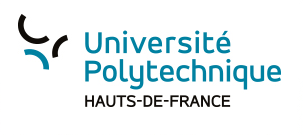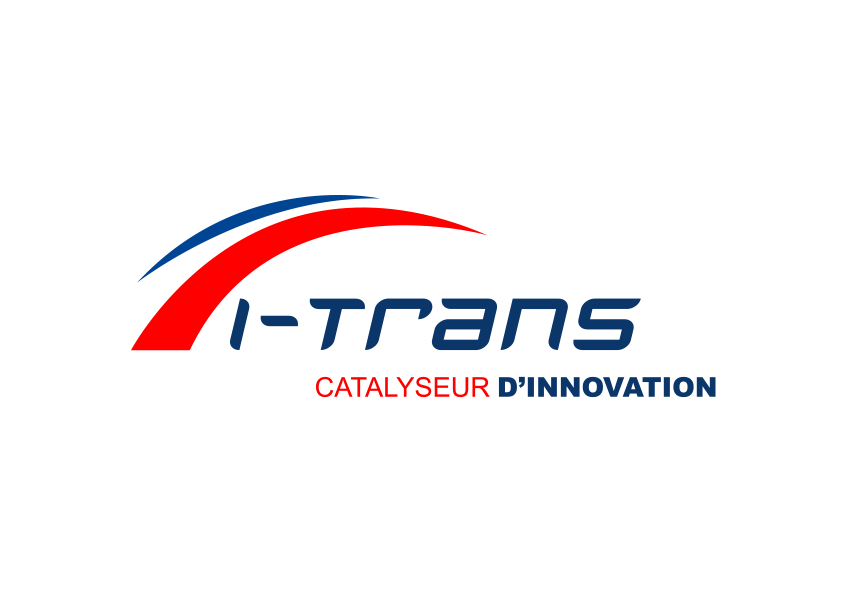-
Energy and Environment
-
Transport and Mobility
Low Emission Mobility Platform (MobiLean)
Platform
MobiLean brings together a set of 5 platforms to address in a holistic way the issues related to the development of tomorrow’s vehicles (clean, less energy-intensive vehicles)
These platforms, listed among those of the INS2I of the CNRS, are part of the network of Carnot Institutes (CARNAUTO) Study and development of energy optimization system for vehicles.
MobiLean notably allows:
- Study and development of fuel optimisation systems for hybrid vehicles;
- Characterization of thermal, electric or hybrid traction chains
- Development of driving aids
- System tests (algorithms)
- Development of driving laws for petrol combustion engines / advanced diagnostic tool.
This MobiLean platform, part of the PEGASE shared regional platform, continues its development through the RITMEA project co-funded by the State, the Hauts-de-France region and the Féder OP 2021 - 2027.
-
Sébastien PAGANELLI
Technical manager -
Sébastien DELPRAT
Scientific manager
Le Mont Houy
59313 Valenciennes cédex 9
https://www.uphf.fr/lamih/plateformes/plateformes
Chiffres clés
• Multiple industrial projects• 1 regional project CPER CISIT
• 2 FUI projects (SURAL'HY and BelHySyMa)
Effectif
Effectif total : 10
Skills
• Driving approval (Peugeot 308 Plug-In Hybrid 100V open ECU)
• Hybrid traction chain usage and consumption (programmable electronic load, fuel balance and AVL flow meter)
• Characterization of thermal, electric and hybrid traction chains (550kW dynamometer hub bench, AC/DC 300V-300A converter, GreenMot driver robot)
• Vehicle dynamics (Renault Twingo GT instrumented, engine ECUs and ABS open)
• Driving laws for petrol thermal engines and development of virtual sensors (instrumented dynamic engine bench, engine installed: Renault D4FT 780 with open ECU)
Example(s) of projects
• Delprat S., Hofman T., Paganelli S. (2017). Hybrid Vehicle Energy Management: Singular Optimal Control. IEEE Transactions on Vehicular Technology, 66 (11), pp. 9654--9666. [IF=4.066] [DOI=10.1109/TVT.2017.2746181]. 🡭
• Nguyen A.-T., Lauber J., Dambrine M. (2014). Optimal control based algorithms for energy management of automotive power systems with battery/supercapacitor storage devices. Energy Conversion and Management, 87, pp. 410-420. [IF=3.598] [DOI=10.1016/j.enconman.2014.07.042]. 🡭
Collaborations/Partners/Scientific clients
International : TU Eindhoven, Univ Cranfield (UK), Universidade Federal de Minas Gerais (Brésil), collaboration avec l'Institut de Recherche en Hydrogène (Canada), l'Université de Sherbrooke (Canada)
Collaborations/Partners/Private Clients
Services provided
• Range test of electric vehicles on dynamometric dynamometer, with robot and WLTP approval cycle
• Vehicle instrumentation for bench/track/road test campaign
Consulting services
Equipments
| Nom | Modèle | Marque |
|---|---|---|
| Instrumented hybrid vehicle | 308/ | Peugeot |
| Vehicle instrumented for vehicle dynamics | Twingo/ | Renault |
| Open ECU Instrumented Engine Bench | D4FT780 engine/ | Rotronics / FH Electronics |
| Mild Hybrid open ECU engine bench | TU3JP+ engine/ | ETAS calculator |
| Dynamometer power bench | with hubs 550kW max/ | Rotronics |
| Driving traction battery simulator 90kW | 300V - 300A/ | Leroy Somer |
| Driving robot | GreenMot | |
| 4.8kW programmable electronic load | EL 9080-400/ | Elektro-Automatik |
| Modular real-time systems | Autobox, MicroAutobox III, PX20/ | dSPACE |
Affiliated institutions / organisations

Partner institution(s)
Unit(s) of attachment
Groups/Networks/Federations
Competitive cluster

Regional strategic areas of activity
- Energy and Environment
- Energy efficiency and storage
- Low-carbon combustion (biofuels, hydrogen, new technologies)
- Transport and Mobility
- Decarbonized vehicles, electromobility
- Reduction of pollution and energy consumption